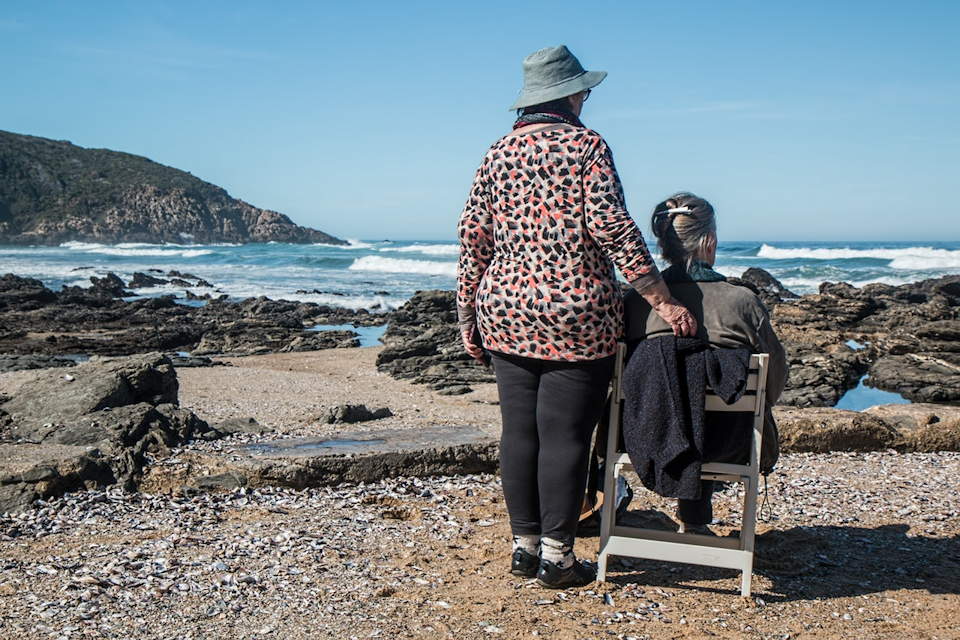Guest post by Jim Vogel
Baby boomers and millennials might disagree on many points, but there is one thing they can agree on: the value of downsizing. This trend is catching on among home buyers of all ages. Moving to a smaller house makes a lot of sense for people as they get older for many reasons. For one thing there are financial advantages. A more compact property means less money spent on maintenance.
Then there are practical benefits, with less time needed for tedious chores like cleaning. This allows seniors to make the most of their golden years. If you are interested in joining the ranks of downsizing seniors, you’re making a smart move. Before you move to a smaller space, however, you have to figure out what to do with your old one. This can have financial repercussions that directly impact your downsizing efforts. Consider these three options below.
Put the house on the market
If you’re buying a new home, you will have to make a down payment. This can range from 5 to 20 percent of the total sale price. Selling your current property can give you the cash you need to take care of this fee. You can get an idea of what your home might sell for by checking out similar properties in your neighborhood or by using an online estimator.
There are certain steps you should take when listing your house to secure your asking price and close a deal quickly. Taking professional real estate photos is one major asset. Just make sure to stage your home properly first so that it’s shown in its best light. Clear away clutter, hire a local cleaning service, and allow natural light into the rooms to make them look bigger.
Rent out the house
The real estate market changes over time. In some cases, it may make sense to delay selling and instead wait until prices in your area rise. You can rent your home out instead in the meantime; this will provide you with a steady monthly income that can help fund a mortgage on your new place after you downsize.
When renting out a property, just keep in mind that you will still be responsible for some costs. Maintenance issues are generally covered by the landlord. You will also have to find reliable tenants, or else you will be stuck chasing rent when people don’t pay. Be sure to run a background check and ask for credit reports.
Have a family member move in
Another option is to leave the property in the capable hands of a family member. This can be less stressful because you can trust them to care for the house. This is financially probably the least lucrative option, though, as you likely won’t be charging family the same rent as you would non-family tenants. Before you go this route, make sure you will have enough money for your future down payment or mortgage before downsizing.
Assess your income, including potential retirement benefits, and compare it to your current monthly expenditures. The difference should be enough to cover your future housing costs. This will give you an idea of your budget as you search. Set your criteria accordingly when surveying the market online to avoid falling in love with properties outside of your price range.
The key to successful downsizing is planning ahead. These guidelines give you the tools you need to figure out which option—buying, selling, or keeping it in the family—is best for you. Once you have an idea of what you will do with your old house, it will be easier to chart your future path and to get excited about your prospective new home.

